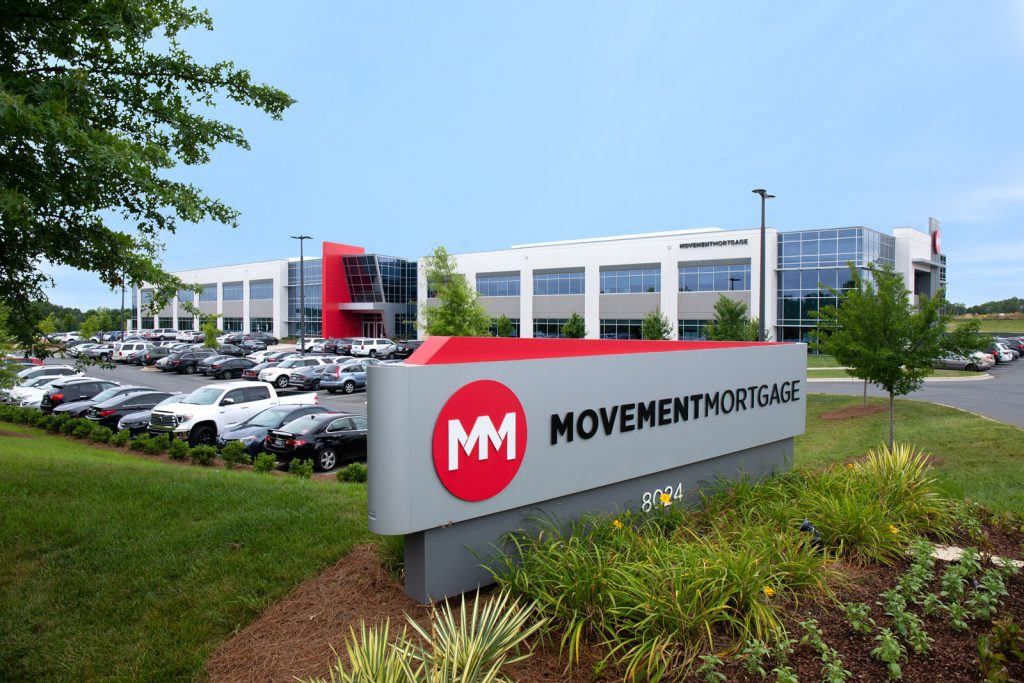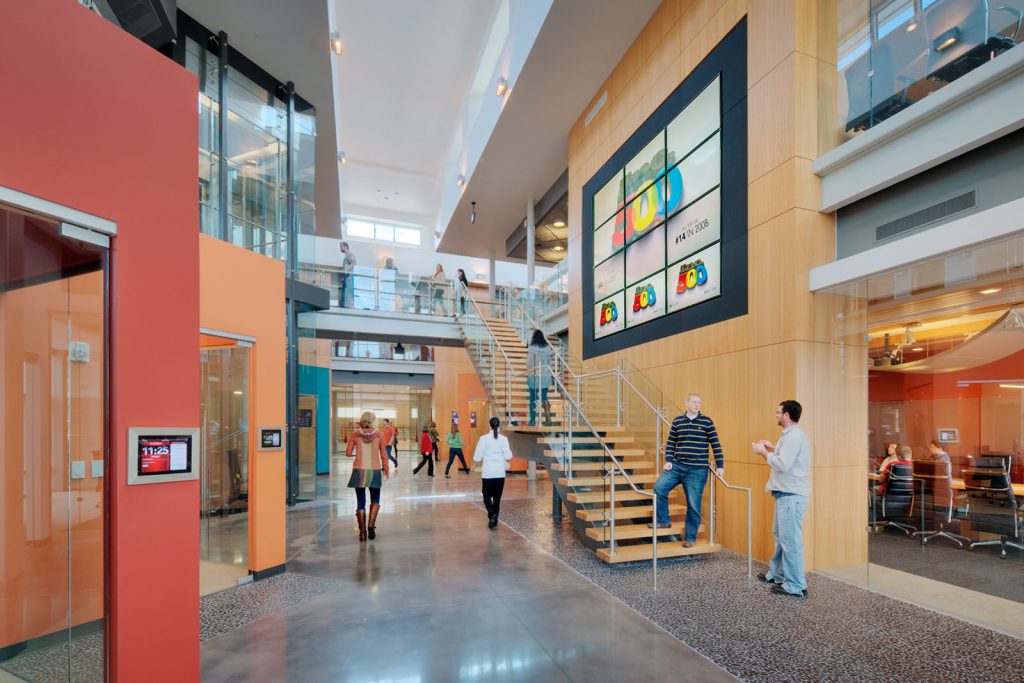What a difference a decade can make. When the Great Recession hit, Lancaster County was already reeling from the loss of Springs Industries and its thousands of textile jobs that had sustained generations of local families.
Unemployment skyrocketed and income levels dropped to among the lowest in the state. “We had become a poster child for what can happen to communities overly dependent on one industry or employer,” says county Economic Development Director Jamie Gilbert. “Lancaster County was so distressed that Forbes called us ‘the most vulnerable community in America.’”
A decade later, Lancaster County is enjoying an economic boom that has seen its economy diversify across multiple industries while also becoming one of the premier office markets in the booming Charlotte region.

Gilbert says that boom began when county leaders began actively leveraging their ideal location — a mix of rural, small town and suburban — to aggressively recruit corporate offices to the northern end of the county, comprising the Fort Mill and Indian Land communities just south of Charlotte.
Digital marketing leader Red Ventures, Sharonview Federal Credit Union and Continental Tire of the Americas paved the way in 2010, followed soon by other corporate brand names such as CompuCom, Honeywell, Movement Mortgage and ServiceMac.
White- and Blue-Collar Growth
There now are more than 6,400 employees in the professional & business service sectors in Lancaster County, primarily clustered in the county’s northern panhandle, a number expected to grow by 50 percent over the next several years. That white-collar explosion is occurring alongside the renaissance of goods-producing sectors in the county, a cluster of industries that has nearly doubled employment since cratering in 2010, now employing almost 4,700 people in Lancaster County.
“Lancaster County’s heart and soul has always been manufacturing and since 2010 we’ve attracted a number of new firms that have played a major role in reshaping our economy,” Gilbert says. They range from animal health products maker Nutramax Laboratories to Fab Fours, a maker of premium bumpers and truck accessories. Textiles also remain a player, including Keer America, a spinning mill that plays a key role in the cotton yarn supply chain. In the southern end of the county, there’s even a new gold mine, operated by OceanaGold.
The numbers also tell the story. Since 2012, Lancaster County has facilitated 59 new and expanding industrial projects that represent a $1.52 billion investment and nearly 11,200 expected jobs. In the past year alone, the county ranked first in the Palmetto State for new jobs, sixth for announced new investments (excluding solar farms), and second for announced new jobs and investment combined.

“Per capita income is now third-highest in the state and
we’ve moved from being a tier four county to tier two. Smart Asset has just
ranked us as the third-best county in South Carolina for new investment,”
Gilbert says. “To call it remarkable is an understatement.”
More People, Places, Possibilities
Commercial, retail and residential growth has accompanied that manufacturing and office expansion. The county’s population was 76,972 in 2010. It’s expected to surpass 100,000 in 2020. That makes Lancaster County the second-fastest growing county in the state (behind only Horry County/Myrtle Beach on the coast) and the 32nd fastest in the country among counties with populations of more than 10,000.
“Our growth boom has brought new shopping centers, service businesses, restaurants, subdivisions and apartments that support the needs of our residents and businesses. This keeps spending local and generates additional tax revenue for our schools and county services,” Gilbert says.

The development of new areas and redevelopment of the town of Lancaster aims to attract both knowledge and trade workers, which are so crucial to companies facing a tight labor market and national competition for talented people who have a lot of options.
Along with smoothing the way for multiple infrastructure, industrial/office/commercial and residential lifestyle projects, county leaders are working closely with companies and local institutions of higher learning to close the loop on all that’s needed to ensure Lancaster County remains a compelling choice for those looking to choose a new home for their enterprise of the future.


